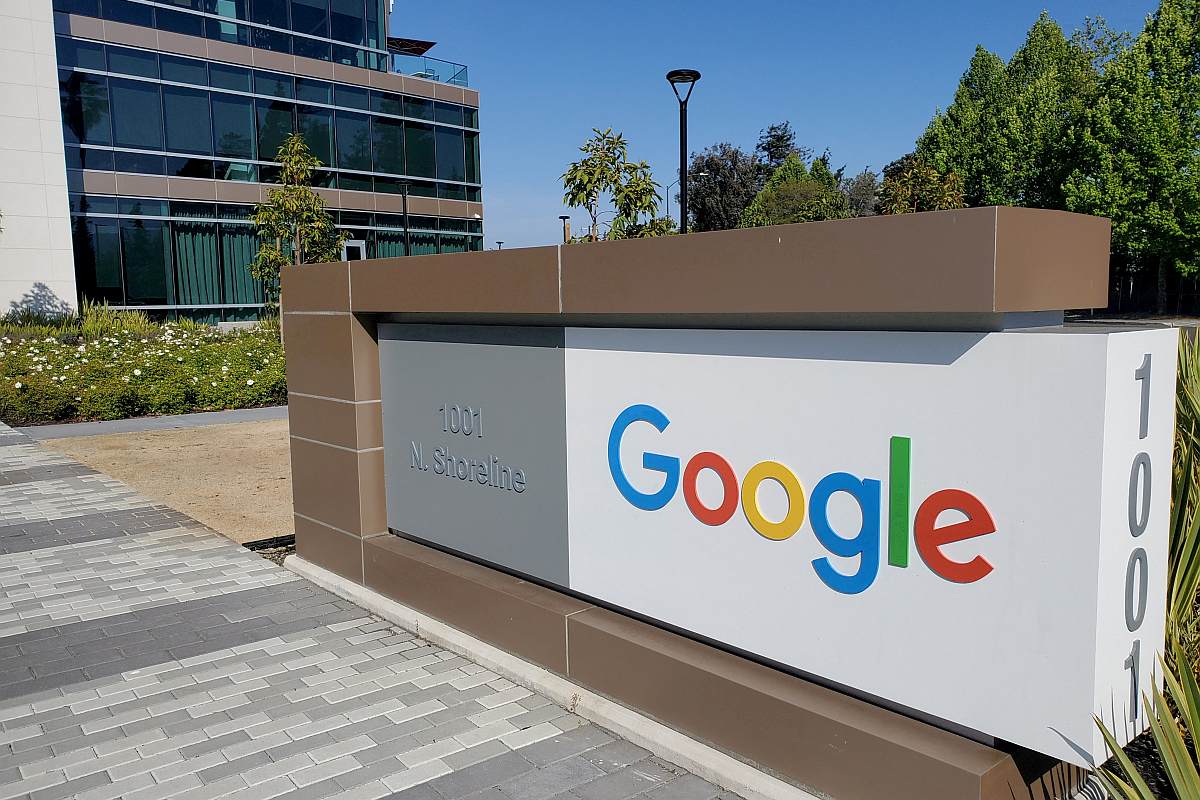Google Hit with EUR 12 Billion in Civil Claims

Alphabet’s Google is currently facing substantial legal challenges in Europe, with damage claims exceeding EUR 12 billion (approximately Rs. 1,13,259 crore) from various price comparison websites. These claims stem from allegations that the tech giant unlawfully diverted customers from these sites, following a 2017 European Commission ruling that fined Google EUR 2.4 billion (around Rs. 22,651 crore) for antitrust violations. As the legal landscape evolves, many of these civil suits are advancing in courts across the continent, potentially reshaping the competitive dynamics of the online marketplace.
Background of the Legal Disputes
The ongoing civil suits against Google are a direct consequence of a landmark decision made by the European Commission in 2017. This ruling found that Google had abused its dominant position in the search engine market to favor its own shopping service over competitors. The fine imposed at that time was intended to deter such practices, but it also opened the floodgates for follow-on lawsuits from affected companies. These lawsuits were initially stalled due to Google’s appeals, but a recent tribunal confirmed the company’s antitrust violations, allowing plaintiffs to proceed without needing to prove Google’s wrongdoing in court.
Currently, there are 12 identified civil cases across seven European countries, with claims from nine of these cases alone surpassing the EUR 12 billion mark. The implications of these lawsuits extend beyond financial penalties; they represent a significant shift in how companies may approach legal action against large tech firms. If successful, these cases could embolden other businesses to pursue similar claims, further complicating Google’s legal landscape in Europe.
Details of the Claims and Upcoming Hearings
The claims against Google vary in size and scope, with some notable cases set to be heard in the coming months. For instance, a London court is scheduled to review a GBP 1 billion (approximately $1.6 billion or Rs. 13,606 crore) claim from British price comparison websites Kelkoo and Foundem. Additionally, a Dutch court will hear arguments from Compare Group in September, while multiple hearings are planned in Germany, including a significant EUR 3.3 billion (around Rs. 31,156 crore) case from Idealo, a company owned by Axel Springer.
Other claims include a EUR 2.1 billion (approximately Rs. 19,826 crore) lawsuit from the Swedish website Pricerunner and a EUR 500 million (around Rs. 4,719 crore) claim from Poland’s Ceneo. New lawsuits continue to emerge, such as a EUR 900 million (approximately Rs. 8,499 crore) case filed in Amsterdam last month, involving several companies, including PreisRoboter and KuantoKusta. These ongoing legal battles highlight the growing frustration among companies that feel disadvantaged by Google’s market practices.
Google’s Response and Broader Implications
In response to these allegations, Google has consistently denied any wrongdoing, asserting that its practices comply with legal standards. The company claims that its price comparison ad display, introduced in 2017, has benefited numerous comparison shopping sites, increasing their participation from just seven to over 1,550 in Europe. Google argues that the lawsuits are driven by companies seeking financial compensation rather than focusing on improving their own services.
Despite Google’s defenses, the cumulative financial stakes of these lawsuits, combined with the fines already imposed by EU regulators—totaling around EUR 8 billion (approximately Rs. 75,522 crore) since 2017—underscore the serious challenges the company faces. The ongoing legal disputes not only threaten Google’s financial standing but also raise questions about the future of competition in the tech industry. As these cases progress, the outcomes may set important precedents for how antitrust laws are enforced in the digital marketplace.
Challenges Ahead for Plaintiffs
While the plaintiffs benefit from the European Commission’s prior ruling, they still face significant hurdles in proving their cases. Each company must demonstrate that Google’s actions directly caused their financial losses, a task that can be complicated by various market factors. Legal experts note that establishing a clear link between Google’s practices and the decline in profits will be a challenging endeavor, as plaintiffs must account for other potential influences on their business performance.
Moreover, even if plaintiffs succeed in their lawsuits, enforcing judgments against Google could pose additional challenges. Should the tech giant refuse to comply with court rulings, affected companies may need to seek intervention from U.S. courts, a process that could provoke political backlash given the ongoing scrutiny of American tech firms by European regulators. As the legal battles unfold, the implications for both Google and the broader tech industry remain uncertain, with potential ramifications for competition and consumer choice in the digital age.
Observer Voice is the one stop site for National, International news, Sports, Editor’s Choice, Art/culture contents, Quotes and much more. We also cover historical contents. Historical contents includes World History, Indian History, and what happened today. The website also covers Entertainment across the India and World.
Follow Us on Twitter, Instagram, Facebook, & LinkedIn

